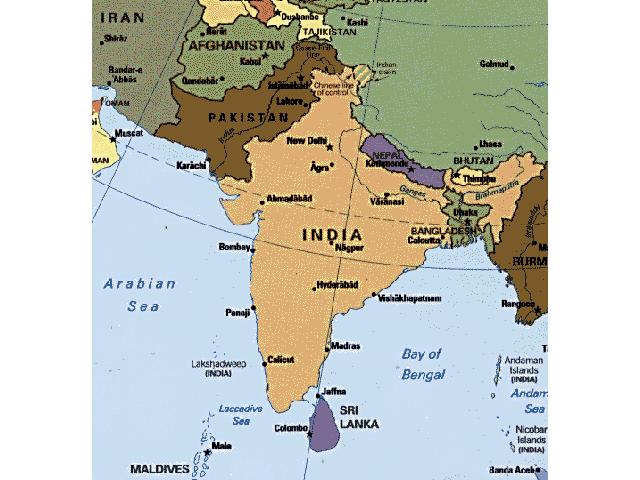
|

|

|
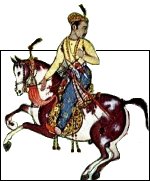
|

|
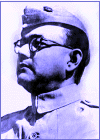
|
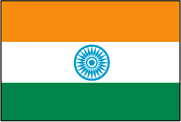
|
Democratic India
In 1947, Jawaharlal Nehru became the first prime minister of India. But even though Indians now made their own rules of government, the nation was still a dominion of the British Commonwealth. Many Indians did not want this, so they adopted a new constitution on January 26, 1950. The constitution gave all citizens the freedoms of speech, religion, and assembly. Discrimination because of race, religion, or gender is forbidden. All citizens over 21 were given the right to vote. From then on, India has been an official republic, independent in every way. It is now the most populous democracy in the world.

|
|
|
|
|
|
|
When India became independent of the British empire, England split it into two nations. One would be
the nation of Pakistan with mostly Muslim population, the other India. After World War II, there was more conflict between the Hindu
majority in India and the Muslim minority. Leaders of the Muslim League often disagreed with the Indian National
Congress about the best way to govern the new nation. Mohandas Gandhi wanted a unified India, but the Muslim leader Jinnah wanted
a separate nation. Fighting continued even after the decision to split India. Many people had to leave their
homes because they were on the wrong side of the new border.
|

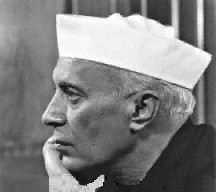
Prime Minister Nehru began a series of Five-Year-Plans to modernize the Indian
economy. He tried to introduce reforms in industry and technology as well as in farming and
agriculture. There were also programs to improve schools and colleges. Nehru wanted to use these new
methods to make his country stronger and able to be economically as well as politically
independent.
|

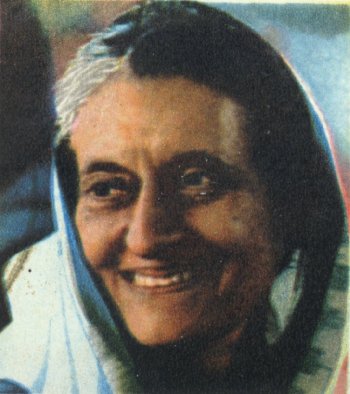 Image copyright K.L. Kamat
Image copyright K.L. Kamat
Jawaharlal Nehru was Prime Minister until he died in 1964. In 1966, his daughter
Indira Gandhi won election as the third prime minister of India. She served until 1977.
During that time, she was a very strong and active leader, especially popular after India's
success in 1971 in a war with Pakistan. But the economic problems of the 1970s such as
high inflation and governmental corruption made her unpopular.
|

|
After the death of Indira Gandhi, her son Rajiv won election as prime minister of India. But he was forced out of power because of corruption scandals in 1989. Unfortunately, he was assassinated at an election rally in 1991. Since then, new politicians with changing agendas have risen to power in India. Another party, called the Bharatiya Janta Party (BJP) is at the center of government. The INC (or Congress Party) is now the opposition. During the early 1990s, a series of prime ministers won election, but were not able to hold on to the needed votes to be a majority party for very long, so new elections were held. Today, the BJP is still the dominant party, led by Prime Minister Atal Bihari Vajpayee. |

http://www.sscnet.ucla.edu for information about Indian politics today
